The partners say it will open up low-cost, grid-optimised, at-home charging to EV drivers, particularly residents of apartment buildings or multi-unit dwellings (MUDs) who lack their own dedicated EV charging stations.
As EV adoption takes off following the extension of the EV tax credit under the Inflation Reduction Act, only 22% of US vehicle owners report having access to EV charging at home. Residents of older apartments, condos, and other MUDs commonly lack access to dedicated home chargers and are reliant on public charging infrastructure. To meet the growing demand for EVs, nearly one million chargers will need to be installed to support residents of MUDs by 2030.
Compounding this challenge is the fact that if these residents drive an older or second-hand EV, these models are more likely to lack embedded telematics connectivity that would allow them to connect their vehicle to utility programs that pay out bill credits or other financial incentives for charging during grid-optimal times.
The ev.energy-Smartenit solution is designed to solve both of these critical equity challenges around EV charging. As a cable sold with the customer's choice of L1 (120V) or L2 (240V) power draw, the device does not need to be installed in a garage or parking spot and can be transported by the driver and plugged into any available power outlet, such as in the driver's condo unit or in their building's parking garage.
A wifI-connected modem inside the device connects it to the ev.energy platform. This offers EV drivers automatic off-peak charging schedules to minimise charging costs. It works with several national power utilities to offer EV drivers additional cash back for participating in smart-charging programs. For example, this past summer, customers of the United Illuminating Company of Connecticut used ev.energy's platform to earn US$50 per month for charging at grid-optimal times, earning up to US$200 cash back.
"As EV adoption takes off, energy companies need to come together to ensure that every single EV driver – no matter where they live or what model they drive – still has access to affordable and convenient charging at home," said Joseph Vellone, head of North America for ev.energy. "This partnership is just one way we're working with energy utilities and infrastructure providers to open the door for everyone to participate in America's clean energy transition."
The new EV charging product is a result of combined efforts from ev.energy and Smartenit, an Irvine-based, minority-owned business. Both companies have partnered with several California Community Choice Aggregators (CCAs), which are community-managed not-for-profit clean energy providers, to bring the product to market. These CCAs – MCE and Silicon Valley Clean Energy – plan to offer full or partial rebates for the EV charging cable to eligible customers. The Level 1 (120V) version of the cable retails for US$350, and the Level 2 (240V) version for US$500.
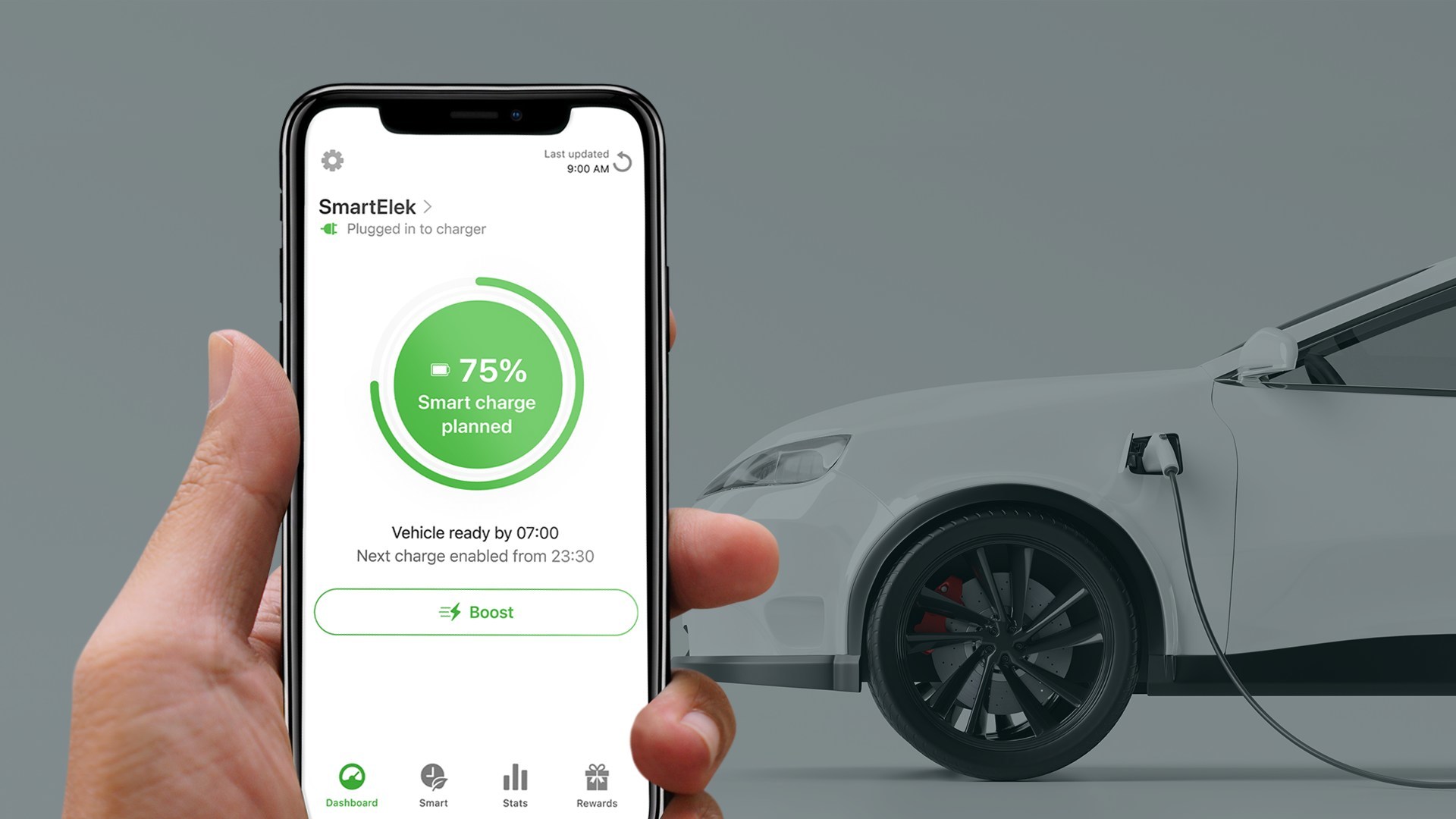
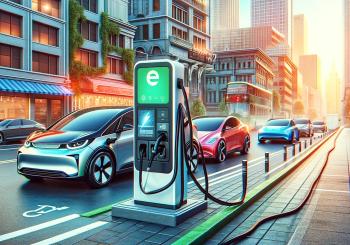
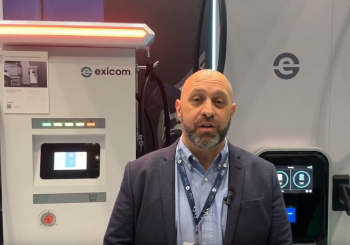
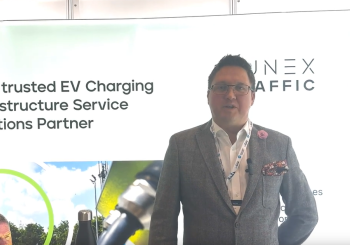
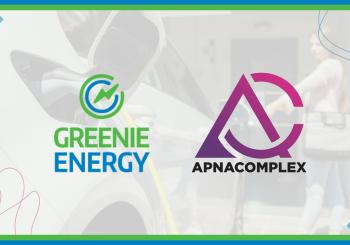
Follow Us On Social Media